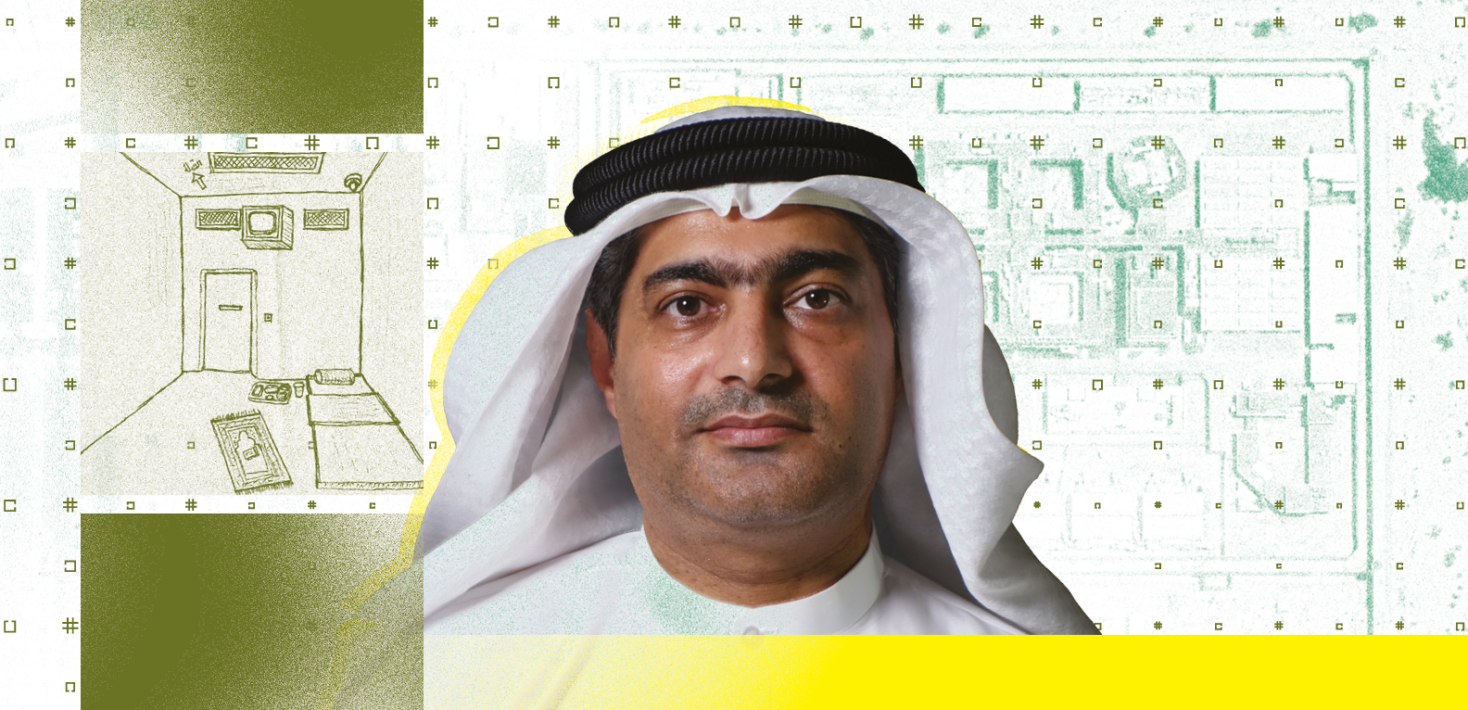Ahead of the COP28 climate conference, which begins in Dubai on 30 November, Rebecca White, Campaigner at Amnesty International’s Disrupting Surveillance Team, said:
“It is no secret that targeted digital surveillance has long been weaponized in the United Arab Emirates to crush dissent and stifle freedom of expression. Prior to his arrest in 2017, human rights defender Ahmed Mansoor faced a string of cyber-attacks facilitated by mercenary surveillance companies. Known as ‘the last human rights defender’ in the UAE, Mansoor, who openly criticized the authorities, has been languishing in an Emirati prison for over six years.
“Amnesty International fears that Human Rights Defenders and other members of civil society in the UAE may continue to be targeted with spyware, including those attending COP28. As hosts of the conference, the UAE has pledged to offer a platform for activists’ voices, yet this will not be possible unless human rights, including the rights to privacy and peaceful assembly, are respected.
It is no secret that targeted digital surveillance has long been weaponized in the United Arab Emirates to crush dissent and stifle freedom of expression.
Rebecca White, Campaigner at Amnesty International’s Disrupting Surveillance Team
“The UAE authorities must not engage in unlawful electronic surveillance of conference participants as well as all Emirati nationals and residents. They must also allow COP28 attendees to download privacy-respecting international communications applications like Signal in the UAE to ensure they can use safe, encrypted means of communication.”
Background
The 28th Conference of Parties of the United Nations Framework Convention on Climate (COP28) is scheduled to be held in Dubai from 30 November to 12 December.
In meetings throughout the year, civil society groups told Amnesty International that they felt concerned about the risk of state surveillance if they attend COP28.
In March, Amnesty International’s Security Lab exposed a new spyware attack campaign operating within the UAE, among other countries, which hacked mobile devices by exploiting previously unknown vulnerabilities in Google’s Android operating system.
In 2021, the Pegasus Project found that journalists at publications including the Financial Times, The Economist and the Wall Street Journal were selected for targeting with Pegasus, likely at the request of UAE authorities.


